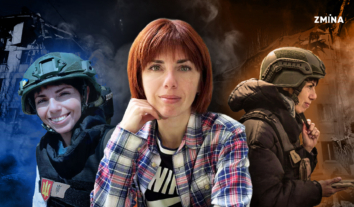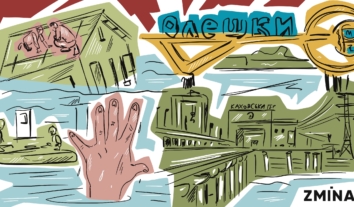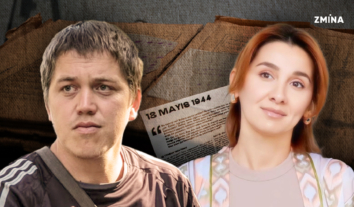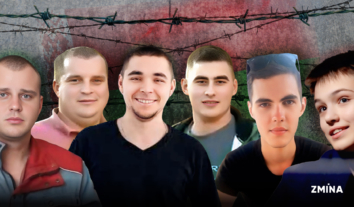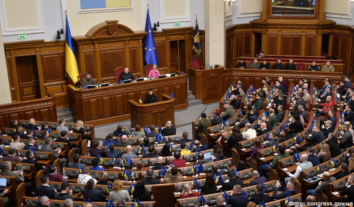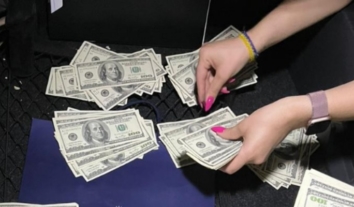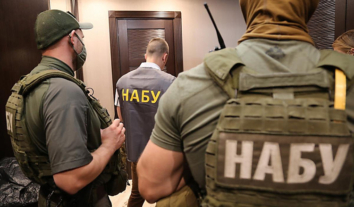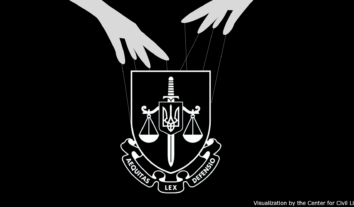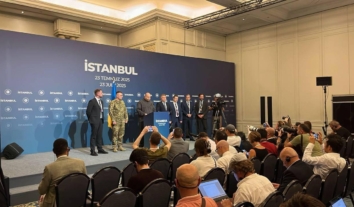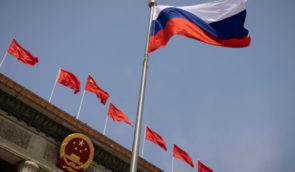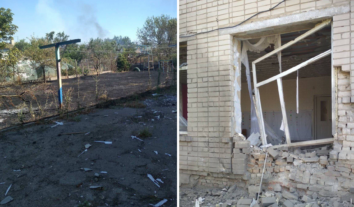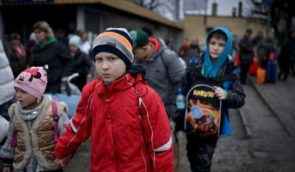Liudmyla. Ukrainian Janusz Korczak
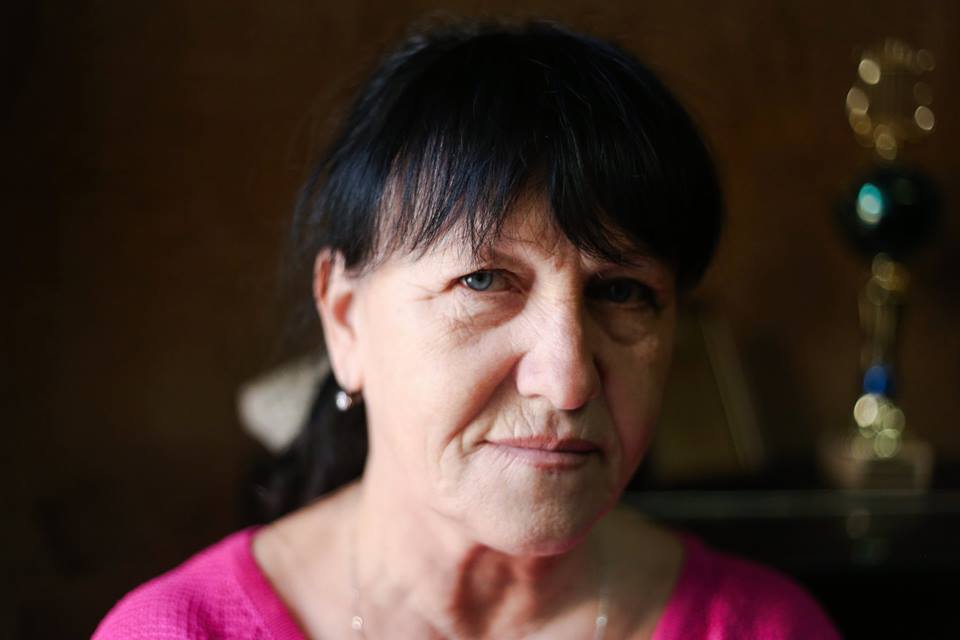

Luhansk resident Liudmyla is sometimes called the “Ukrainian Janusz Korczak.” Polish doctor, writer, and teacher Janusz Korczak stayed with the children till the end and went with them to their death in the Treblinka death camp. When head of the “Souvenir” dancing ensemble Liudmyla Bobkova, staying at the festival in Bulgaria, found out that Luhansk was being shelled, she said firmly, “I will not take children to the shelled Luhansk” …
We continue publishing the stories of people, who have lost their homes as a result of the conflict in eastern Ukraine and Crimea, as well as of those, who have lent a helping hand in difficult times.
We left [for the folk dance festival in Bulgaria], when the rallies in Luhansk had already started, and we were afraid that we would not been allowed to leave. In Bulgaria, when everything has gone too far, there was the question where should we come back to, #I said I wouldn’t take children to the shelled Luhansk. When we made the decisions in Bulgaria, it was my decision and the decision of the children. The Bulgarians offered to take us to their homes, to register us through the consulate. After the festival, we stayed at their place for a while, they defrayed all the expenses. We began to discuss everything with friends, the NGO, the head of the Luhansk culture department. They said not to take children back in any case. Then we were informed that we would be settled in Rybakivka in Mykolayiv region.
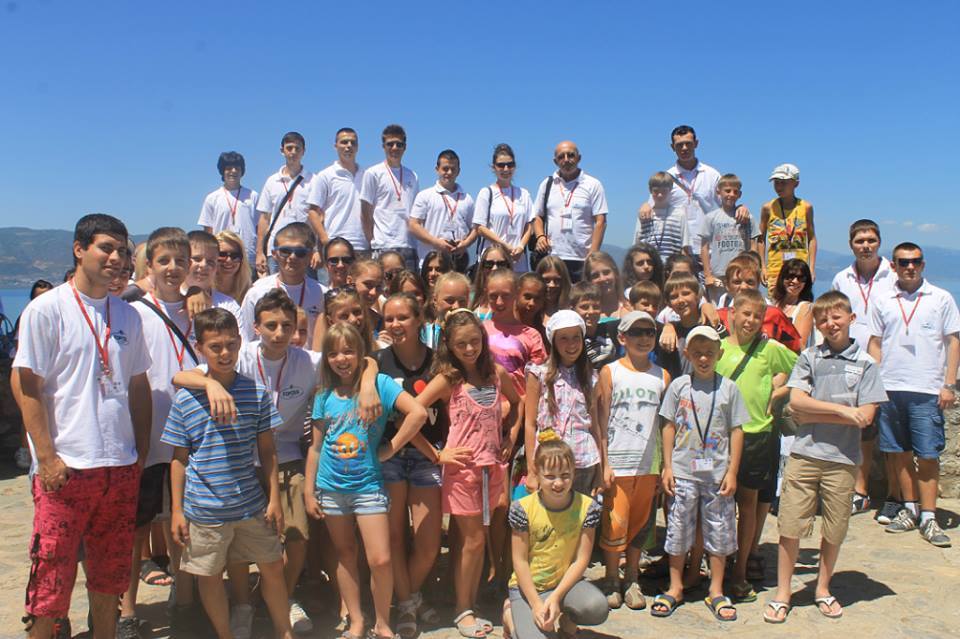
#When we left, there were 45 people of us. On arrival, some parents took their children to Kyiv, Kharkiv, Dnipropetrovsk. Now we have 15 children here. Some children have come to us though they were not in Bulgaria. Some will come later. It was the big family – parents and children.
We spent two and a half months in Rybakivka. The regional administration of Mykolayiv fed 45 people free of charge for two and a half months. #In August, I came to Mykolayiv, the education department and ask to settle the situation somehow as the children need to study somewhere. We do not mind uniting, searching for a common apartment. And here comes the festival director and says that she does not let us go anywhere and takes us to study at the academy. We are so grateful to her, she helped us to find the inexpensive apartment, the people from Rybakivka gave us beds, pillows, blankets and so on, they helped us much. We also got help from the state, we were employed. Now we are not just dancing group, we work as the national dance ensemble. We will mark 20 years of our ensemble, now we accept new children not to lose the title of “national”.
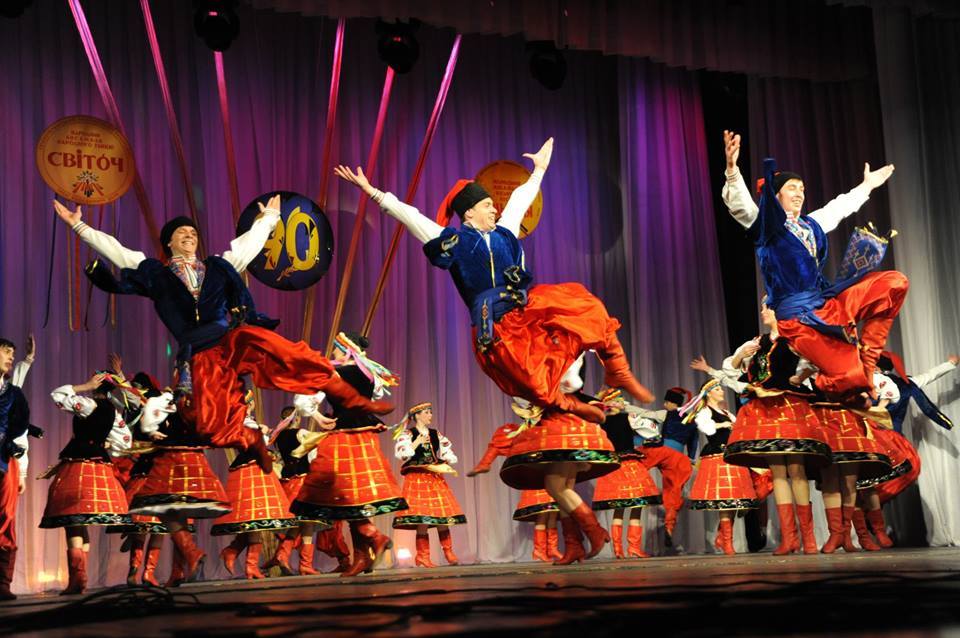
#Strangers called me and asked, “What do you need? What help do you need?” My phone number was given in the notice, and people showed such benevolence. I’m so grateful to all of them. We invited everyone who helped us to celebrate the New Year together. Now we feel that we have got to our feet. They call occasionally and ask, “How are you? Are you fine?” – “We are fine”.
When the situation was aggravating, the Security Service [in Luhansk] was seized, we felt pain in the soul, and #we represented the new play “Prayer for Ukraine”. The idea was mine, we composed the whole play for just two rehearsals. We played it for the first time in Luhansk, in the park, on the Victory Day. People stood and watched, they were crying, an old lady crossed herself, “Oh, kids.” The reaction was that indeed we should pray for Ukraine.

#I have two friends in Luhansk, one have ill mother and cannot leave her and another has a dog. We always talk on the phone. They are only for Ukraine, they are against what is going on there. We are like-minded fellows, think alike. The same thing is in Mykolayiv, apparently. Those who think differently even call us traitors. Such people are even at our center of creativity, they think only about their ambitions, they do not think about the future and the children.
One of the girls from our ensemble went to Luhansk. It is impossible to stay there. The situation is heinous, #History of Ukraine, the Ukrainian Language have been banned at schools, people with weapons come to class and tell who the Ukrainian nationalists are. Children who understand that this is not correct and who could not be there, they left to us. I wish people, who had stayed there, understood that. It is difficult to talk about this, when a man took up arms, I think. I wish they shot less and died less. I’m not a politician, I do not know how it’s done, I want it to be faster, but we understand that it won’t be settled, it will last for a long time. But I believe, I believe that everything will fall into place.
#Some people say, “And if we have no place to go?” Well, how it is “no place to go”? We also had no place to go. But if a person is able to work and communicate, he or she will survive and find a job and a place to live, I think. Some people really have nowhere to go, I understand, like people with disabilities. My friends took a person with disability and father to Odesa, they had courage. We should find strength, a person can everything!
#Now our children have a lot of friends from Mykolayiv. Perhaps the approach to children and the children themselves have helped us to get on our feet. At first, there were few children from Mykolayiv, we came to school and asked, “Guys, does anyone from your class want to come to us?” But they were afraid to come to us. Later they said that they had been afraid to come although they had seen we danced well.
The story of Liudmyla is presented within the framework of the exhibition “My Place”, organized by the Educational Centre “Space of Tolerance” and the Congress of National Communities, supported by the Royal Netherlands Embassy. The authors of the texts are Kyra Kreyderman and Uljana Ustinova. The photos were taken from the family archive.

